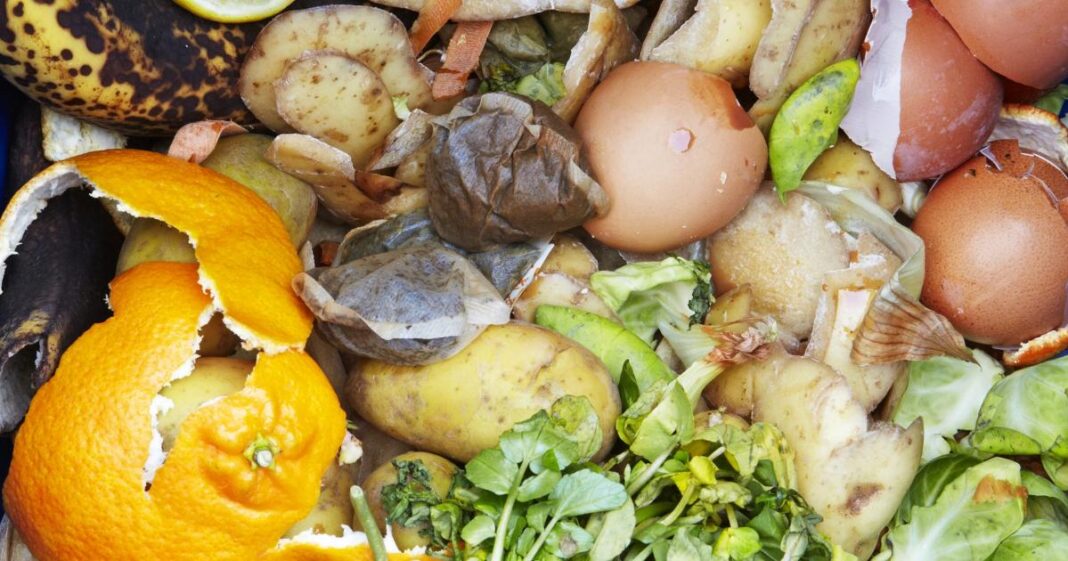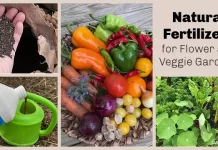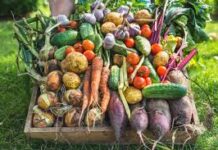Composting Organic Fruits and Vegetables

Soil Enrichment:
Compost is a nutrient-rich organic material that improves soil structure, fertility, and moisture retention. By adding compost to the soil, farmers replenish essential nutrients, enhance soil health, and promote optimal growing conditions for fruits and vegetables.
Organic Matter Recycling:
Composting allows farmers to recycle organic waste materials, such as crop residues, kitchen scraps, and animal manure, into valuable soil amendments. Instead of disposing of organic waste in landfills, farmers can convert it into compost, closing the nutrient loop and reducing waste.
Nutrient Cycling:
Compost releases nutrients slowly and gradually, providing a steady supply of nitrogen, phosphorus, potassium, and other micronutrients to plants. This natural nutrient cycling process ensures that fruits and vegetables have access to a balanced and readily available source of nutrition throughout the growing season.
Soil Health Improvement:
Compost enhances soil biology by promoting beneficial microbial activity, earthworm populations, and soil biodiversity. These microorganisms break down organic matter, release nutrients, and improve soil structure, aeration, and drainage. Healthy soils support healthy root systems and resilient plants that are better able to withstand environmental stressors and pest pressures.
Weed and Disease Suppression:
Compost contains beneficial microorganisms and compounds that suppress weed growth and inhibit the proliferation of plant pathogens. By adding compost to the soil, farmers create a natural barrier against weeds and diseases, reducing the need for synthetic herbicides and fungicides.
Environmental Sustainability:
Composting is a sustainable practice that reduces greenhouse gas emissions, conserves water, and mitigates soil erosion. By diverting organic waste from landfills and harnessing its potential as a soil amendment, farmers contribute to environmental conservation and climate resilience in agriculture.
Cost Savings:
Composting can help farmers reduce input costs associated with synthetic fertilizers, pesticides, and soil amendments. By producing their own compost on-farm or sourcing it locally, farmers can save money on external inputs while improving soil fertility and crop productivity.
Overall, composting plays a vital role in organic fruit and vegetable farming by enriching soil fertility, promoting soil health, conserving resources, and reducing environmental impacts. By incorporating composting into their farming practices, farmers can cultivate nutritious, flavorful, and environmentally friendly crops that meet the demands of today’s conscientious consumers.
Composting Organic Fruits and Vegetables fastnews Composting Organic Fruits and Vegetables fastnews Composting in hindi fastnews Composting Vegetables fastnews Composting Fruits fastnews Composting Organic Fruits and Vegetables fastnews Composting in hindi fastnews Composting Vegetables fastnews Composting Fruits






